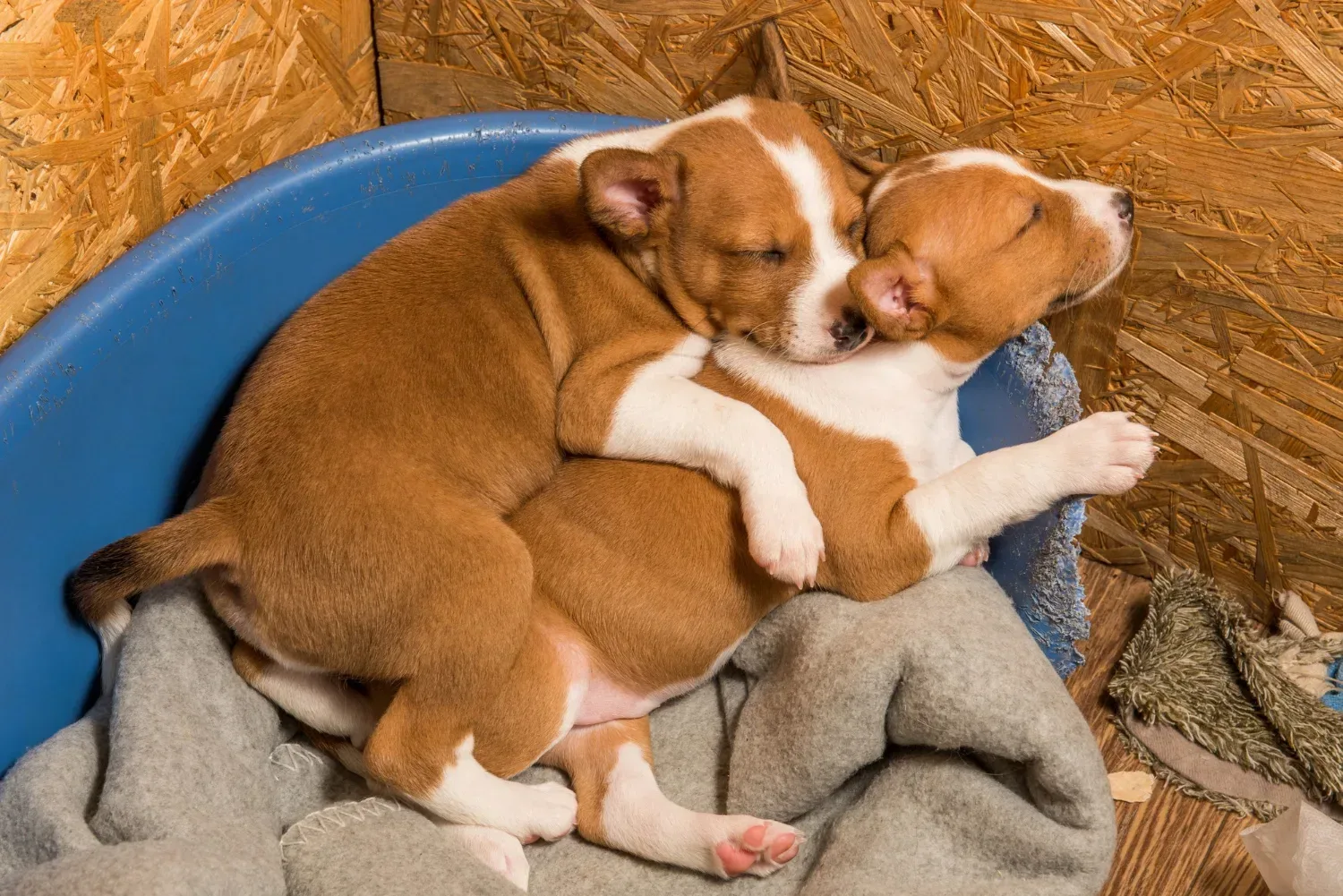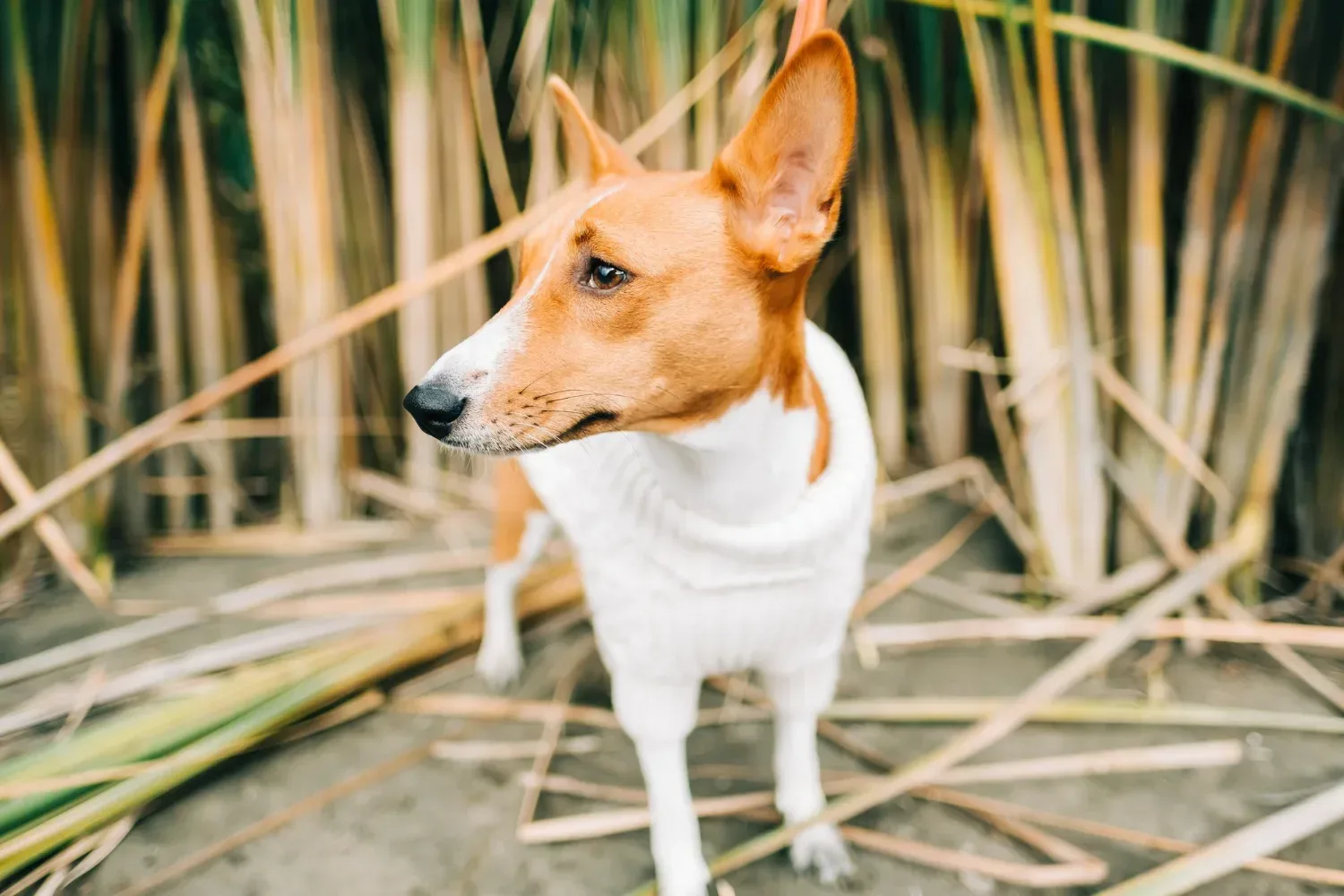
All about basenji price
If you’re considering bringing a Basenji puppy into your family, you’ve probably been wondering about the Basenji price. In this article, you’ll learn how much it costs to get your puppy, whether that price is comparable to that of other breeds, and how much you should budget for grooming and vet visits. The Basenji price is similar to that of other large dogs, so you might wonder how much to budget for.
Basenji costs are comparable to other dog breeds
The Basenji is a relatively inexpensive breed to purchase. In the United States, Basenji costs are similar to those of other breeds of dogs. Basenjis are short-coated, which makes them susceptible to skin parasites. These parasites include roundworms, tapeworms, and heartworms. As a result, Basenji vet care is expensive. You should set aside about $600 for annual vaccinations, while the basenji may need to have a fecal examination every year.
The Basenji is generally healthy, but they can become obese. A responsible breeder will screen their dogs for inherited health conditions and breed only healthy specimens. Hypothyroidism, a condition in which the thyroid gland does not make enough thyroid hormone, is also common among Basenjis. Another inherited condition that can affect this breed is autoimmune thyroiditis. Breeders should make sure their puppies have been screened for inherited thyroid disorders and autoimmune disorders before breeding.
A new Basenji costs between $150 and $200, which is a great deal for such a large breed. Professional training is recommended to prevent problems with jumping and house manners. A good, high-quality bed can cost between $150 and $200. A crate is also important, as Basenjis require a secure place to stay when they are unsupervised. A good crate will cost you about $30 to $200. You should also invest in a quality leash and collar. A collar can cost between $15 and $50.
Basic medical care for a Basenji puppy costs between $200 and $500. The initial vaccine shots are usually covered by the breeder, but subsequent shots are on the owner’s shoulders. In addition to the cost of medical care, you will have to spend between $100 and $300 to neuter or spay a Basenji. It’s important to consider the cost of breeding a Basenji before adopting it from a shelter. While it can be a good idea to adopt a puppy from a shelter, there are many cons to this option. Generally, most shelters will require that animals be spayed or neutered so they don’t breed.
While Basenji prices are higher than most dog breeds, they’re still reasonable when compared to other breeds. Responsible breeders do their best to keep the breed alive. With the popularity of this breed increasing, however, so do the prices. Be aware of unethical breeders who won’t list their prices on their websites. Some will quote you ridiculous prices for a Basenji.
Quality of the puppy
Before getting a Basenji puppy, you should determine its quality. Though this breed is generally healthy, it is susceptible to a few common health issues. Read on to learn more. These dogs are generally clean and have excellent intelligence, making them the perfect companion for families. They can be found in local shelters and responsible breeders, and make great family pets. Although they are not good with small children, older children should be fine with these dogs.
The Basenji breed originated in Africa and was valued by the pharaohs. These dogs were used to flush game into nets, carry goods, and warn of dangerous animals. Some tribes of Africa valued a good hunting Basenji more than their wives. Attempts to import the Basenji to Europe failed because the dogs died shortly after arriving. The first successful importation of Basenji dogs was in the 1930s in the United States and England.
Basenjis are generally short-coated and smooth. The basenji can be black, chestnut red, brindle, or white. Some puppies may have white feet, chest, or tail tip. Regardless of coat color, the Basenji has a distinct personality. And unlike other breeds, the Basenji’s white coat is extremely unique. It makes them perfect companions for families with young children. They are also excellent watchdogs.
The Basenji breed is renowned for its sharp eyesight and good sense of smell. They are small, compact dogs with an impressive range of motion. They stand from sixteen to 17 inches tall and weigh about twenty-four pounds. Their long legs and erect ears contribute to their agility. And while they are considered a “barkless dog,” they do growl when they are frightened. If you’re not the type to bark, you should consider the Basenji.
These dogs require lots of exercise. They do not bark, but they are active and need to be mentally stimulated. Basenjis have low biting tendencies, but can be aggressive around other dogs. Even though they are generally good with children, they may not be suitable for children. They can be a bit unsociable, and need early socialization. The Basenji puppy should be house-trained to avoid misbehavior and unwanted behavior.
Cost of vet visits
Basenji veterinarian visits typically cost anywhere from $100 to $250 per year. These visits include annual physical exams, vaccinations, a heartworm test, and blood work for senior dogs. The latter helps the veterinarian detect hidden medical conditions. In addition, annual visits typically include heartworm and flea prevention medications. These medications cost $60 to $75 per year, respectively. However, these prices can vary depending on the clinic you visit. Some veterinarians charge even more for these optional procedures.
Many pet owners opt to pay for these expenses up front with a credit card with rewards. A credit card with a reward program like 3% cash back can reduce the overall cost. Likewise, pet insurance providers reimburse the owner in just a few days, which may allow you to pay off the credit charge with the reimbursement. But be sure to ask the vet about the policy terms and conditions before making a decision. Some providers will waive their co-pay for your pet’s visits altogether.
The cost of Basenji veterinarian visits depends on many factors. Insurance costs $4,780-$9,375 per year. If you have a pet insurance policy for your Basenji, you can expect your total expense to increase to $17,435 over its lifetime. However, if you include optional expenses, the total cost could rise to $98,640. The average Basenji vet visit costs approximately $17,435 over its lifetime, with some additional expenses.
Hypothyroidism is common in Basenjis. This condition occurs when the body does not produce enough thyroid hormone. Common symptoms include dry, itchy skin, baldness, weight gain, and susceptibility to other diseases. If you suspect your dog of having this disease, you should have it diagnosed as early as possible. Treatment typically involves administering replacement hormones. If your Basenji has this disease, the veterinarian can recommend treatment.
A veterinarian’s visit will also depend on whether your pet needs additional tests. Usually, additional testing is performed only to narrow down a possible cause. However, you should ask the veterinarian if you should expect to pay extra for these tests. This additional cost can add up quickly and can be difficult to pay if you are not prepared. In such a case, you may wish to consider purchasing pet insurance. That way, you can offset the unexpected costs and still keep your pet healthy and happy.
Cost of grooming
A Basenji’s annual grooming cost will range between $60 and $100. The cost of vaccinations alone can reach $100. Other expenses can include x-rays, hospitalization and emergency surgery. Blood tests and allergy testing can also cost up to $300. A full dental cleaning can cost up to $400, depending on the extent of work required. If you are planning to get a basenji as a pet, you should keep in mind that you should expect to spend around $300 per year.
Grooming a Basenji requires regular attention to its coat, skin and eyes. It also requires a good hair brush and organic shampoo. Basic grooming tools can cost anywhere from $30 to $150. A Basenji’s teeth also require regular brushing. Fortunately, most Basenji owners can perform these tasks on their own. But if you’re not up to the task yourself, consider hiring a professional.
The Basenji breed has short, soft, double-coat fur. This means that it sheds moderately. It is not as messy as other dogs and should only require bathing every few months. Basenjis are vocal, but don’t bark – their noise is more like a yodel than a bark. The cost of grooming a basenji is the same as that of grooming a Borzoi.
While some dogs need daily grooming, a Basenji does not need much. It needs daily exercise and a place to sprint. A backyard with high fencing is best for this, but a dog park is another good option. Grooming a Borzois isn’t too difficult, so you may consider a Basenji as your pet instead. You may be able to find a cheaper grooming service than for a Borzoi, but you’ll still have to pay for veterinary services and occasional training classes.
In addition to brushing and combing your dog’s fur, you also need to clip its nails every three to four weeks. You may also need to board your Basenji at a dog hostel, which costs approximately $50 to $75 per day, depending on the city and the services provided. A Basenji’s daily exercise needs daily walks, so a dog walker will need to charge between $15 and $25 per session.


